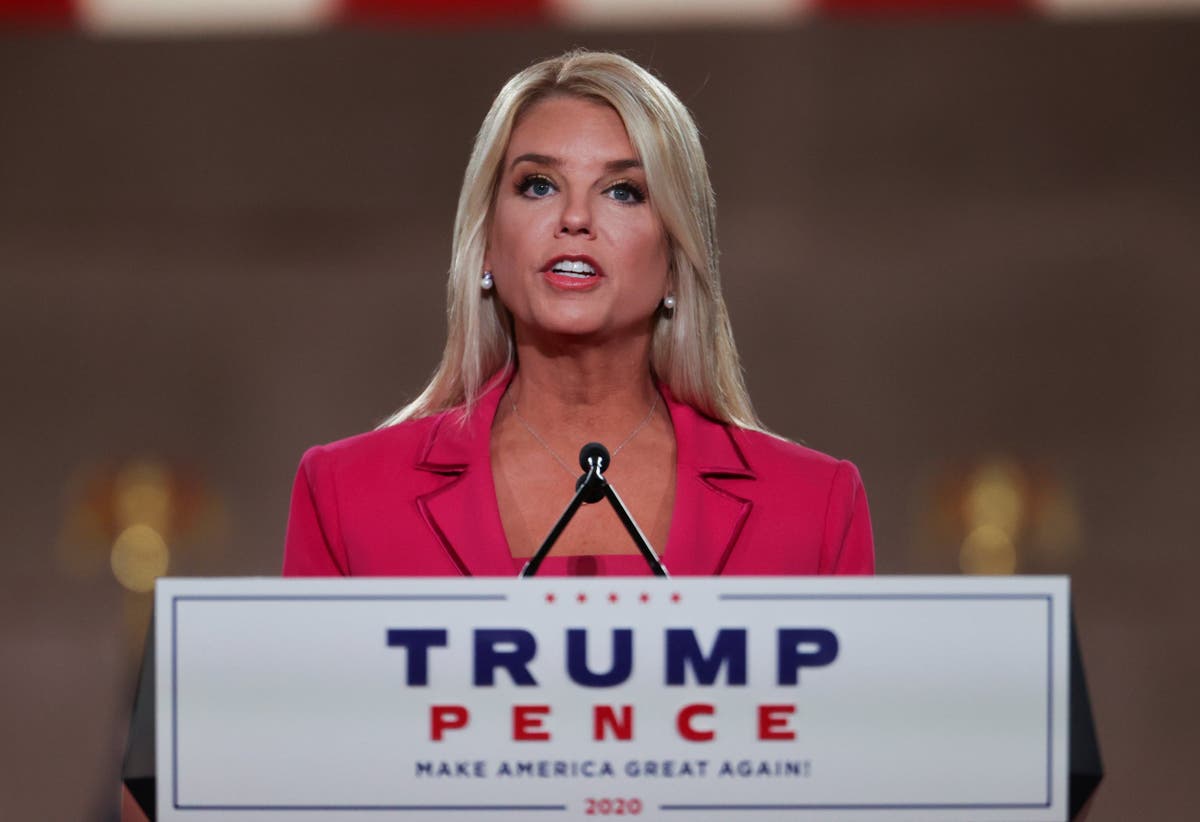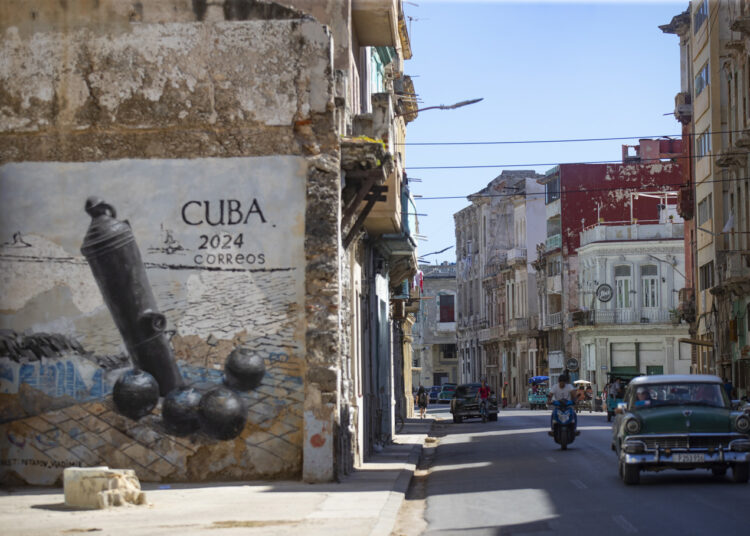
Sir: The transition of the highly revered 48th Owa Obokun of Ijesha land, Oba Adekunle Aromolaran, on the 12th of September 2024, has created a vacuum that will test the integrity of the ancient’s town kingmakers and the state government to fill. No matter how soon or long it will take to appoint and crown the next Owa Obokun, the concern and focus of stakeholders now is the ability of the kingmakers and Osun State Government to get it right by allowing the process not to be tainted or influenced by any consideration other than the facts of history, tradition and abundant evidence in the archives. The process that will lead to the choice of the new Owa Obokun is as important as whoever will eventually emerge.
The choice of the new Owa Obokun will be a litmus test for those who will play a key role in the emergence of the new king as history beckons on them. They must handle the process with fairness, justice, musing, and a high sense of responsibility. The process should not be turned into a mercantile but getting the right person to occupy the coveted office.
This is the only way to avoid post-installation strive and litigation and not to reduce the new King to a mere political appointee and consequently erode the influence of the stool that has existed for centuries. The stool of Owa Obokun in the Yoruba land is a very strategic and unique one and the new King for the Ijesha land must be qualified and meet the ancestral parameters, standards, and criteria of the office. At the moment all eyes are on the Ijesha kingmakers and Osun State Government as they are expected to play altruistic roles in selecting the new king.
This is the least open and close-mouthed expectation of the Ijesha people at home and abroad. This, however, ordinarily should not be a difficult assignment for the 13-member kingmakers of the town and the Osun State government. There are impeccable records, oral evidence, government proclamations, and living witnesses to history which the kingmakers and the state government can rely on.
He must be decisive and be a stickler to all-round development of Ijesha land. By definition and their role, the Ijesha kingmakers are people of immense integrity with a deep sense of history. They should rise to defend their office and tradition on a lifetime sensitive assignment that destiny has thrust on them and which they may not have a repeat in their lifetime.
The 13-member Ijesha kingmakers are the six members of Agbanla or Agba Ijesa Council – Ọbaala of Ilesa, Ogboni of Ipole, Ogboni Ijebu Jesa, Ogboni of Ibokun, Ogboni of Ilesa, and Obaodo of Ilesa (The Chief Scribe of ljesaland); the four members of the Ààrẹ Council Composed – Ọdole of Ilesa, Risawe of Ilesa, Saloro of Ilesa, and Arapate of Ilesa; the third category is the three members of ĘLĘGBĘ, who are traditionally the military commanders, namely: Lejoka of Ilesa, Loro of Ilesa, and Lejofi of Ilesa. As recently as 1957, a landmark declaration known as ‘Ijesha Chieftaincy Declaration of 1957’ was made which explicitly stated that the Owa Obokun of Ijesaland’s throne was agreed upon to be rotated among four ruling Dynasties. The four Dynasties were named after four prominent sons of Owa Atakunmosa, who was renowned for his very effective administrative legacies.
The Dynasties are Biladu, Bilagbayo, Bilayiarere (the Dynasty of the late Oba Adekunle Aromolaran), and Bilaro Oluodo. In each of the Dynasties, there are also many Lineages called Idi-Igi (The Root) in Yoruba land. By rotation and all available evidence of history and for fairness and justice, the next Dynasty to produce the Owa Obokun is the Bilaro Oluodo Dynasty.
In Bilaro Oluodo Dynasty, however, these are the following lineages, not in order of rotation or seniority but in order of linkage to Bilaro Oluodo. The lineages are Ofokutu, Haastrup, Arimoro, and Fajemisin. Among these also, the Haastrup Lineage has produced Owa Obokun on two occasions.
First, HRM Fredrick Kumokun Adedeji Haastrup, Ajimoko 1 (1896 -1901) and second, HRM Alexandra Adejumola Haastrup, Ajimoko II (942 – 1954). With this recent history, the Haastrup Lineage should uphold the principle of equity, justice and fair play by allowing the other lineages to present candidates for this revered position for the first time. This singular act will put Haastrup Lineage in a unique position in the history of Ijesha land.
One of the biggest legacies of the iconic warrior, Farotimi Okunade aka Arimoro was his selfless decision to cede his choice as the Owa Obokun to a younger person in 1896 on account of old age. This demonstration of statesmanship will forever be a point of reference in the history of Obaship in Ijesha land . The children, grandchildren, and great-grandchildren of other lineages that have yet to produce Owa Obokun are eminently qualified and should be encouraged to present their candidate in the interest of peace, justice and fair play.
At the moment, Ijesa people should not be aloof and incurious. They should rise to defend their royalty now and resist any attempt by external influence to determine who becomes their royal father. It is worthy of note to state that Owa Obokun Adimula is never an Oba but an “Orisa” (Deity).
He is a paramount Ruler “Oba ti on gba Idobale awon Oba” (The King who other Kings prostrate to his admiration). Consequently, it would amount to gross miscalculation, brazen injustice, abuse of authority, and a generational disservice to the Ijeshas for any stakeholder, especially the government to compromise the selection of the new Owa Obokun or impose any candidate on the altar of compromises, personal aggrandizement, anecdotal and indefensible consideration. In line with the long tradition, the process of appointing a new Owa Obokun should be by the laid down principles of the town’s ancestors and the kingmakers must be allowed to do their jobs without hindrances.
It is expected that the Ifa oracle will choose an appointee and the state government will give the ceremonial blessing according to the Chieftaincy Act. Governor Ademola Adeleke of Osun State cannot afford not to do the right thing or fail in this epochal assignment. He must have learned from history, especially the crisis that engulfed three towns in his state – Igbajo, Iree, and Ikirun – following the sacking of the towns’ traditional rulers in February this year.
The Governor must be impartial, consult widely, encourage the kingmakers to be independent, and rely on the available evidence and documents for infallible judgment. This is the only way to make the selection process non-tempestuous. Certainly, many interested groups and stakeholders may have already been jostling to fill the vacant Owa Obokun stool.
This is natural even before the final funeral is carried out for the late royal father. Though these may have extended to subtle lobby, emotional influence, and pressure from several quarters, the Governor must however resort to reason, remain scrupulous, and etch his name in the generational list of Honour by resisting temptation and encouraging fairness in the selection of the new Owa Obokun. In warming up for the selection of the new Owa Obokun of Ijesha land, History is beaconing to the eminent Ijesha kingmakers and Governor Adeleke to set a record that generations of Ijeshas shall continually give a thumb up .
•Moshood Isamotu, a public commentator, wrote from Lagos..














